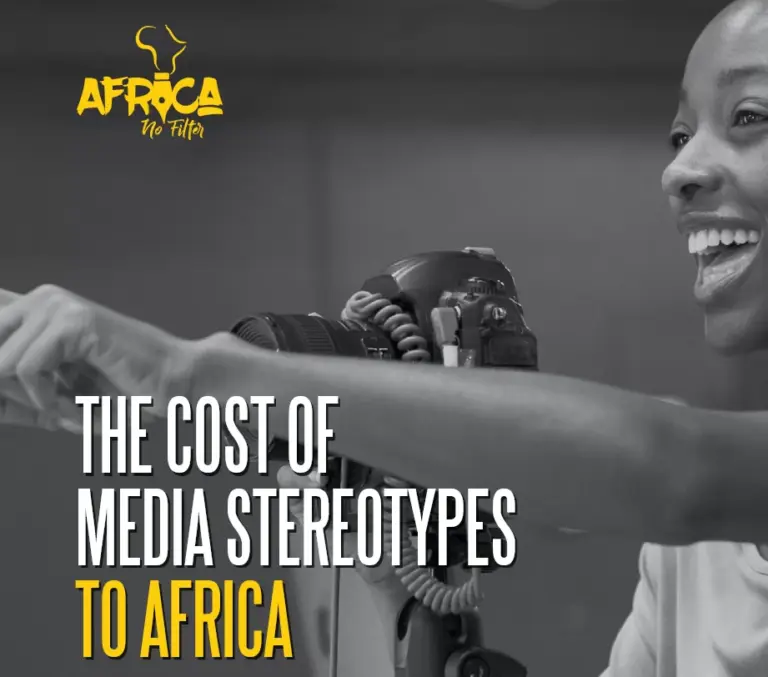A Nigerian entrepreneur recently shared a troubling account: when seeking a loan to expand her business, her bank demanded both her home as collateral and 30% of the loan amount in cash—despite her property’s value far exceeding the loan. With interest rates on overdrafts as high as 33%, she’s given up on scaling. This is not an isolated case, but a reflection of the harsh financial climate facing many African businesses.
Behind this lies a deeper issue: global media narratives that reinforce outdated stereotypes about Africa—portraying it as a land of risk, conflict, and instability. These perceptions, though largely inaccurate, are having tangible economic consequences.
A joint report by Africa No Filter and Africa Practice, “The Cost of Media Stereotypes”, revealed that Africa pays an estimated $4.2 billion more annually in interest payments due to negative media portrayals that inflate its perceived risk in global markets. During election seasons, 88% of global media coverage about Kenya and 69% about Nigeria was negative, compared to 48% for countries like Malaysia. This perception gap directly raises the cost of capital.
But it’s not just governments that pay the price—so do entrepreneurs.
Local banks, burdened by their own elevated borrowing costs from international markets, pass that burden to customers. African small and medium enterprises routinely face interest rates between 15% and 30%, compared to just 4–8% for similar businesses in Europe or North America. As a result, African entrepreneurs compete in global markets with a significant financing disadvantage.
The impact is broad and severe. From solar manufacturing in South Africa to green hydrogen projects in Namibia and South Africa, high capital costs are derailing progress. Promising ventures are stalling, not from lack of innovation, but from lack of affordable funding.
Only 11 out of Africa’s top 100 most admired brands are homegrown, a telling sign of the continent’s struggle to scale its businesses in a system designed to undermine them.
This issue is not simply financial—it’s narrative-driven. The so-called ‘Africa Risk Premium’ is rooted in global misperceptions, fed by media coverage that rarely highlights African success, innovation, or resilience. Without counter-narratives, those stereotypes persist unchallenged.
A key solution is greater transparency in how global credit ratings and investment risks are assessed. Many international agencies still rely on subjective, perception-driven indicators. While the Africa Credit Risk Agency may not be perfect, it represents a crucial step toward localizing risk assessment.
More importantly, Africa must invest in its own storytelling. Strong media institutions, local creators, and global platforms that accurately reflect the continent’s potential are essential. Changing the narrative is not just about pride—it’s about economic survival.
For African entrepreneurs to thrive, access to affordable capital is non-negotiable. And that starts with reshaping how the world sees Africa—not as a land of problems, but of opportunity. Investing in the right story may be the most impactful move Africa can make.


